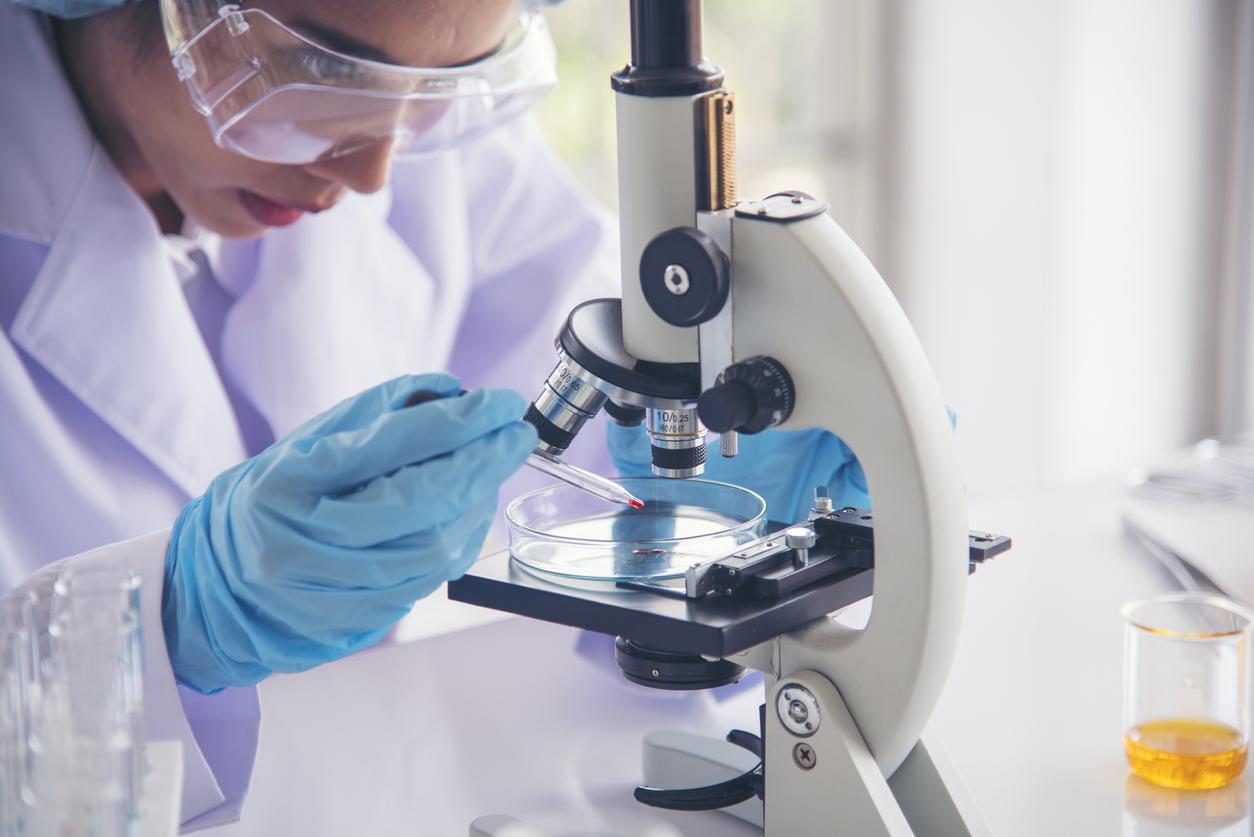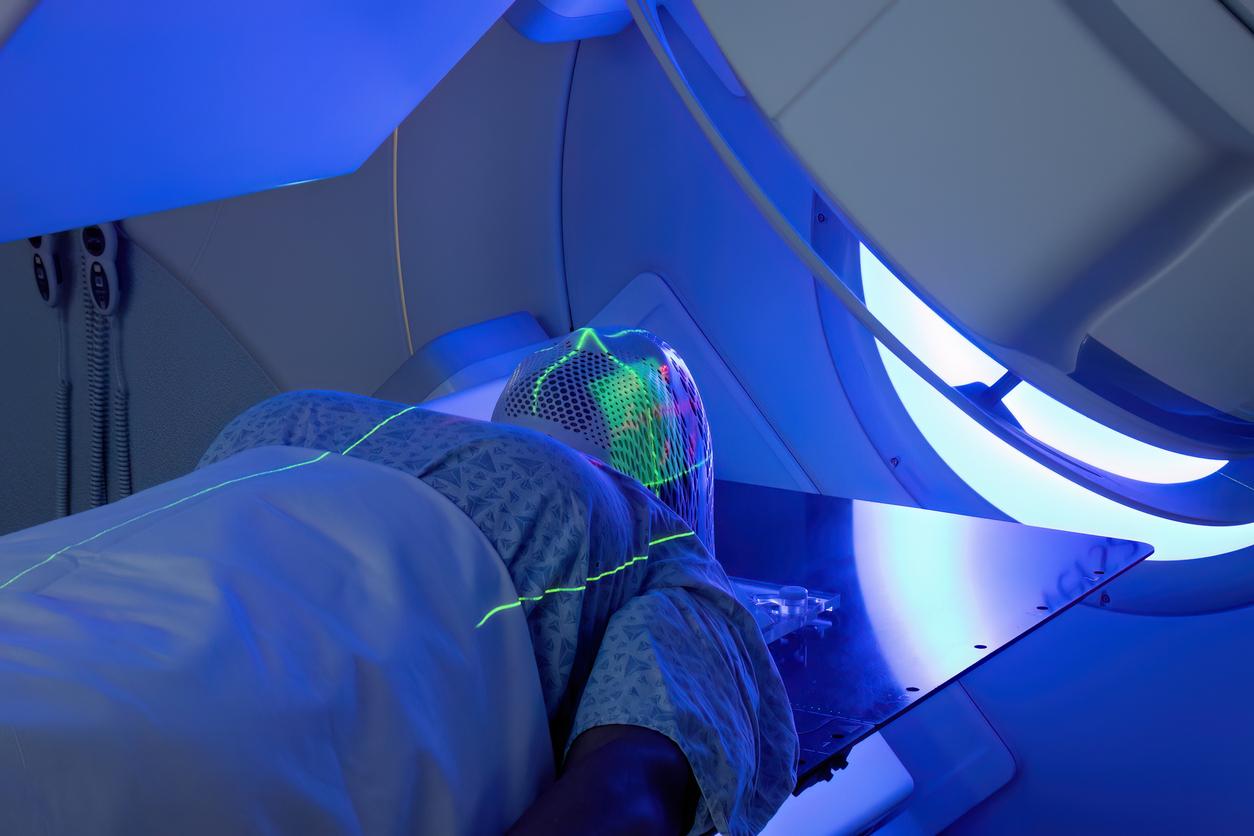Researchers have discovered that these two metals present in the human body, through food, have a harmful role for people with cancer because they promote the development of tumours.

- Researchers have discovered the role of iron and copper in cancer.
- These two metals increase the size of the tumor.
- This discovery could ultimately lead to the development of new therapies for cancer patients.
In oncology, this is an important discovery: iron and copper have a harmful role for patients suffering from cancer. This is the result of a study published in the journal Naturewhose main author, Dr Raphaël Rodriguez, was interviewed by France news on the sidelines of the opening of the Annual Cancer Congress, theAmerican society of clinical oncology (ASCO), which takes place in Chicago, USA.
Iron and copper would increase the size of the tumor
“Until now, the role that these metals play in cancer has been little studied, explains Dr. Raphaël Rodriguez. [Le fer et le cuivre augmentent] the size of the tumor, the ability of cells to form metastases. It’s hard to believe it ourselves, it’s brand new.” IIron and copper are essential for the body. Just like other trace elements, such as magnesium or zinc, it is the diet that provides them.
But if they are harmful for patients affected by cancer, should they be deprived of these two metals? “No longer giving iron is complicated because we need it for the body’s vital functions, but there is a way to give it, especially in patients who suffer from anemia, answers Dr. Raphaël Rodriguez. And then there are certain molecules that exist in the clinic for other treatments, other diseases like metformin which is used for type 2 diabetes, which can have an anti-inflammatory effect and an anti-metastatic effect.”
Cancer: towards a treatment to reduce the harmful effects of iron and copper?
According to the researchers, inflammation allows the elimination of pathogens and the repair of damaged tissues but, in the event of dysregulation of the immune system, the inflammation can be uncontrolled, which leads to damage and participates in pathological processes. In cancer, inflammation is involved in the development of tumors.
“Our work has allowed us to develop a prototype drug that inactivates copper in the cell’s metabolic machinery, thereby blocking the expression of genes involved in inflammation.explains Dr Raphaël Rodriguez in a communicated. The genes activated within cancer cells are not the same as those involved in immune cells, but the chain reaction that leads to epigenetic modifications is identical. Our study finally reveals that inflammatory and cancerous processes depend on similar molecular mechanisms and could therefore benefit from similar innovative therapies in the future.”
In the future, researchers hope to be able to develop a treatment that could reduce the harmful impact of iron and copper for cancer patients. Their next research will aim to better understand the role of other trace elements such as zinc or nickel.

















